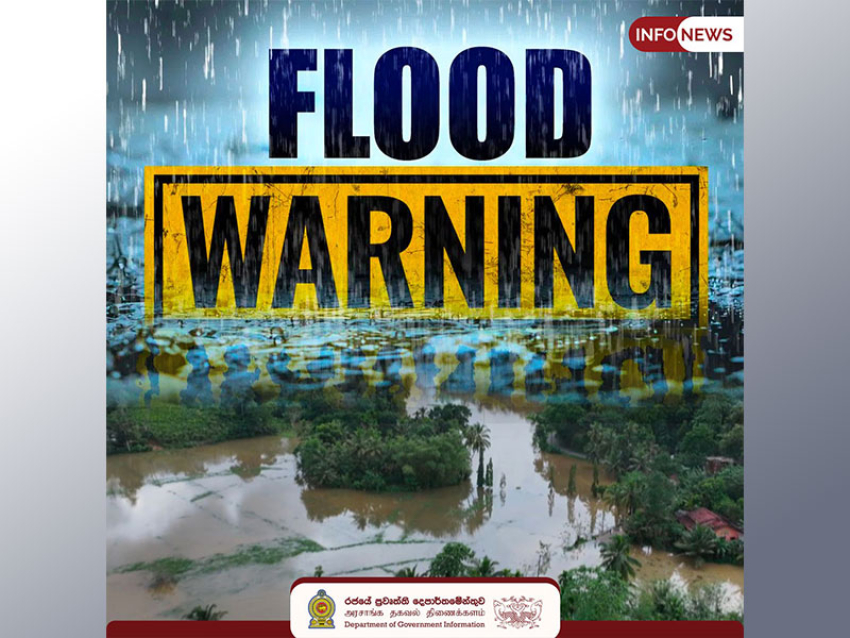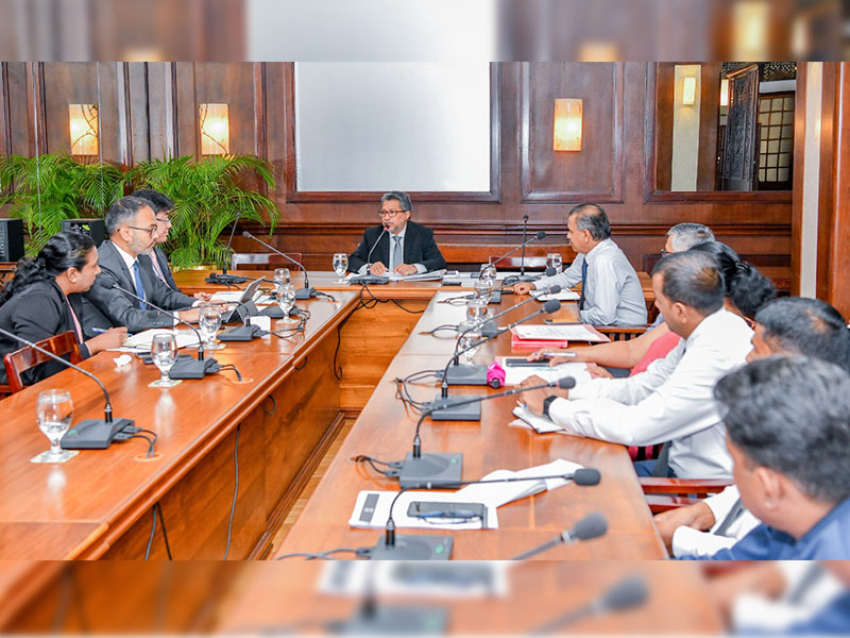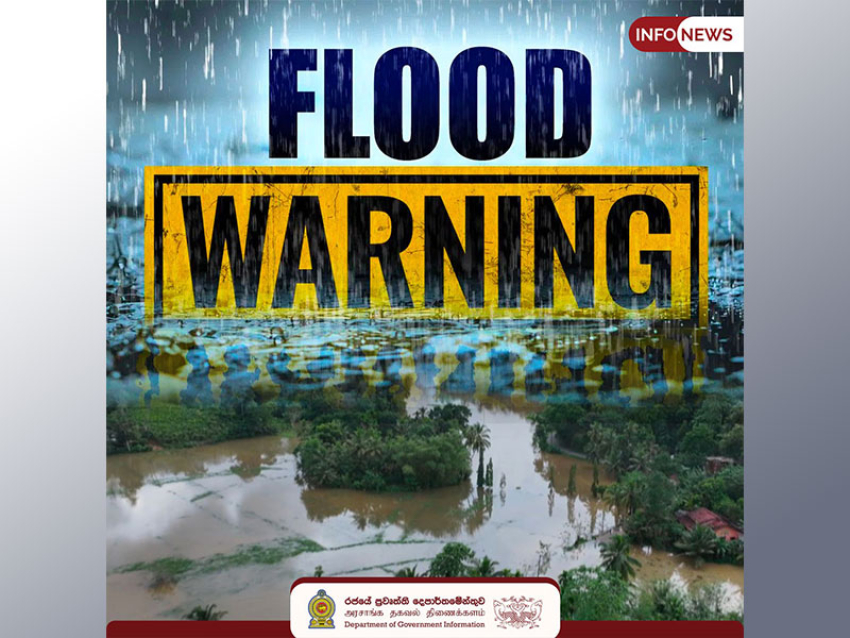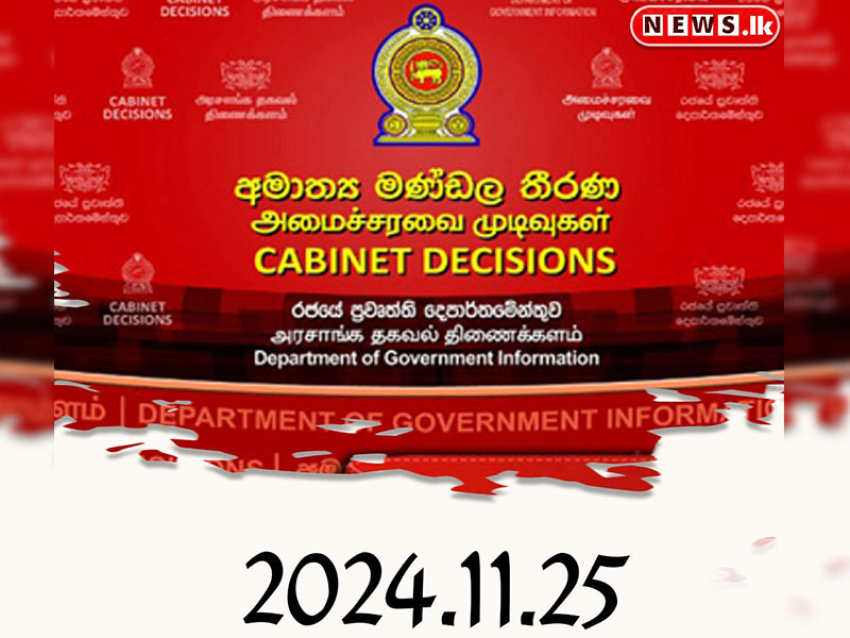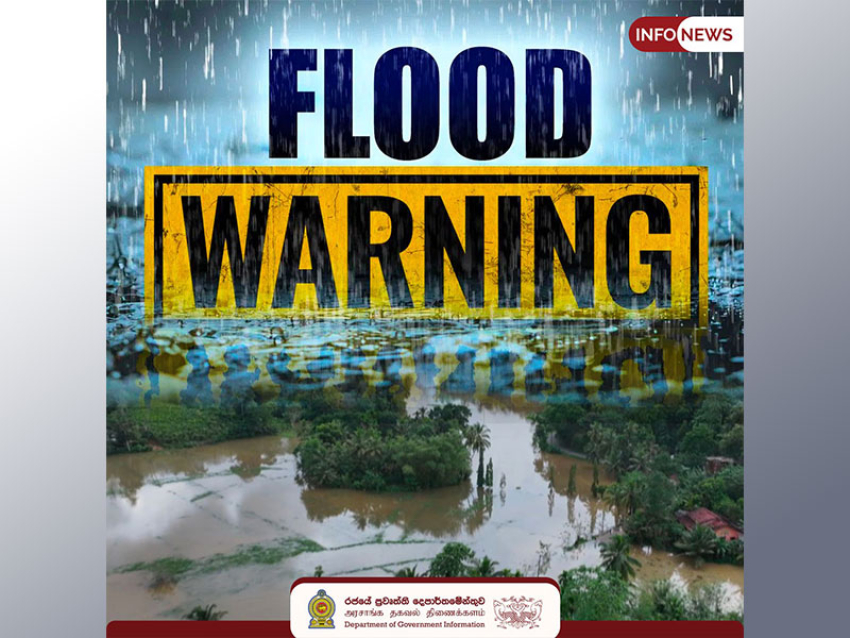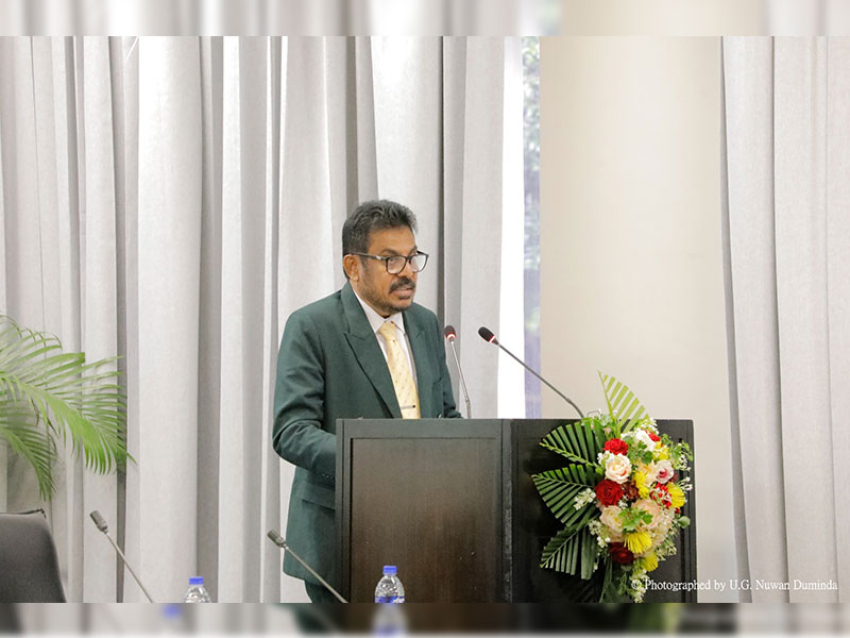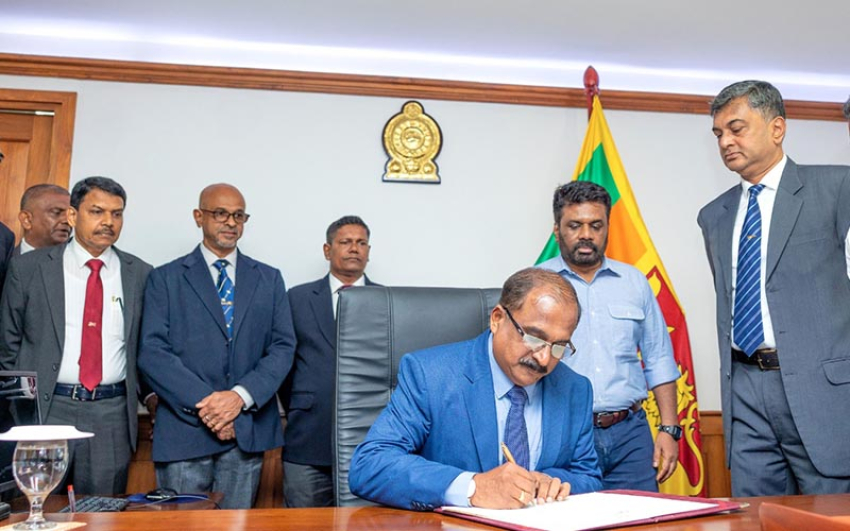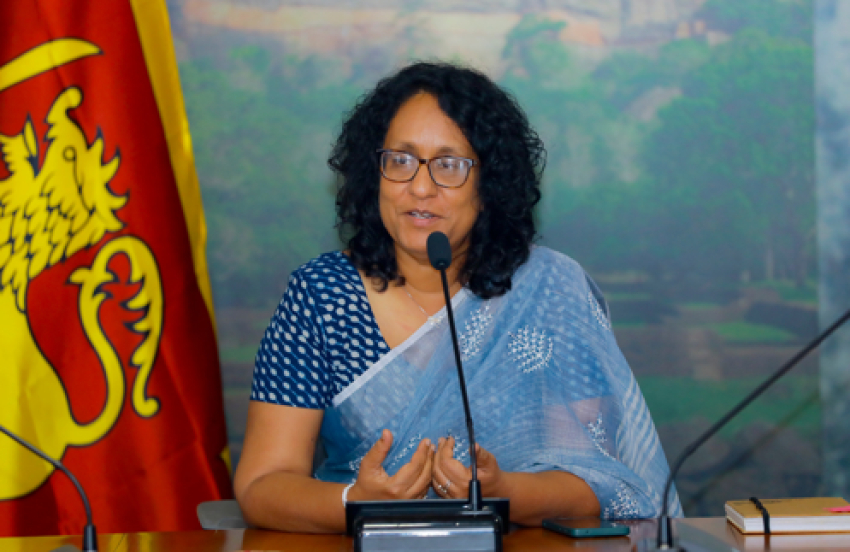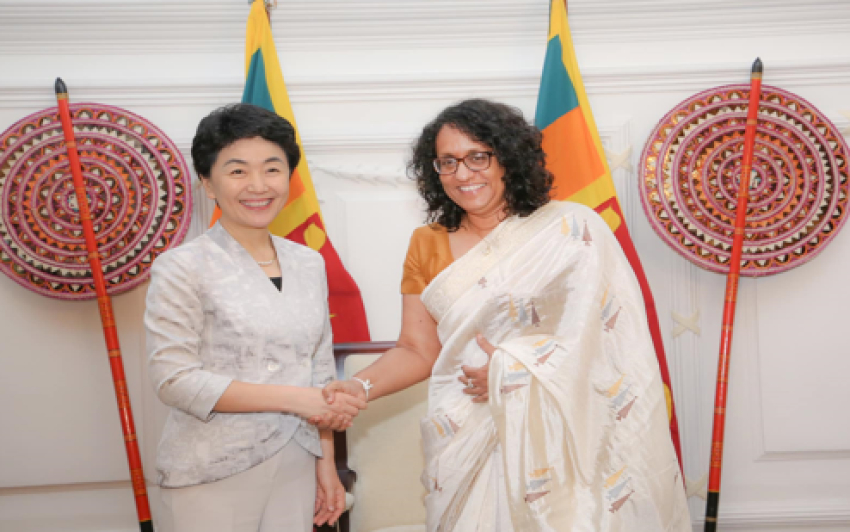The linking of the Sri Lanka Army Commander’s appointment to that of peacekeepers was an anomalous situation, she said. “The UN, which prides itself on humanitarian work, in this instance chose to practise its tenets in the breach by overlooking the denial of the identified peacekeepers’ added aspirations once nominated for the respective operation.”The nominations of the replacing peacekeeping contingent had been made well before that of the high appointment in question, Ms Senewiratne said. She was speaking at the Special Political and Decolonisation Committee (4th Committee) on the subject of a ‘Comprehensive Review of the Whole Question of Peacekeeping Operations in all Their Aspects’. This took place during the 7th Session of the UN General Assembly.
Sri Lanka’s UN mission also spearheaded the inclusion of two paragraphs in the NAM statement in the 4th Committee on the same agenda item.The conveyance of the DPO’s one-sided decision violated the provisions of the related Memorandum of Understanding (MoU), thereby bringing into question the adopted procedure “which has been flawed from the very beginning”, the Permanent Representative insisted.This “flawed procedure” began with the decision to adjust a Sri Lankan peacekeeping contingent and to originally communicate verbally the reasons for such punitive action.Sri Lanka requested for all these details to be informed formally in writing. But only troop details were conveyed. The DPO chose instead to formally make a statement to the media regarding the reason. And Sri Lanka is yet to receive the requested information in writing.
UNDPO Under Secretary General Jean-Pierre Lacroix assured even this week that every area of peacekeeping was rule-based. Therefore, Ms Senewiratne asserted, it was disconcerting that the DPO chose to violate Article 15 of the related MoU by not consulting Sri Lanka prior to its decision, thus presenting a fait accompli to the UN member state.“Such action has unfortunately and plausibly culminated in the creation of a trust deficit concerning DPO,” she said. “Furthermore, this manner of treatment could lead to precedent setting which member states must seek to arrest, lest the practice becomes systemized only to entrench politicization within the UN system.”
The DPO’s behaviour also opened the window “for the pernicious violation of the principles of the UN Charter on non-interference and sovereignty of States which must be adhered to not only in relation to peacekeeping mandates, but also in troop deployment”.The Secretariat must hold sacrosanct the fact that the UN system is member State-led and discharge of its responsibilities in that context, while upholding equal treatment. This will also avoid the Secretariat contributing to the possible erosion of multilateralism, Ms Senewiratne insisted.
At present, Sri Lanka maintains a level II hospital and a fleet of combat support helicopters in South Sudan (UNMISS), a fleet of helicopters in Central Africa (MINUSCA), an infantry company each in Lebanon (UNIFIL) and Mali (MINUSMA) and military observers and staff officers in most missions.The NAM statement said, the Movement emphasises the importance of adhering to the provisions of MoUs entered into between TPCCs (Troop and Police Contributing Countries) and the UN Secretariat and “remains deeply concerned by violations thereof which affect rotation, reimbursements, optimal performance and safety and security”.
“While all stakeholders should follow proper procedure, decisions by the Secretariat on troop adjustments must not be taken unilaterally, which regrettably is now happening, but imperatively through discussion as stipulated in the MOUs and not based on extraneous considerations which could infringe on the sovereignty and constitutional rights of the TPCC and the host country,” Sri Lanka’s contribution to the NAM statement said.“NAM reiterates that such violations if not arrested could lead to precedent setting and entrench politicisation within the UN system,” it said. “In this context the Secretariat is also reminded of the primacy of the principle of equality among Member States.”



